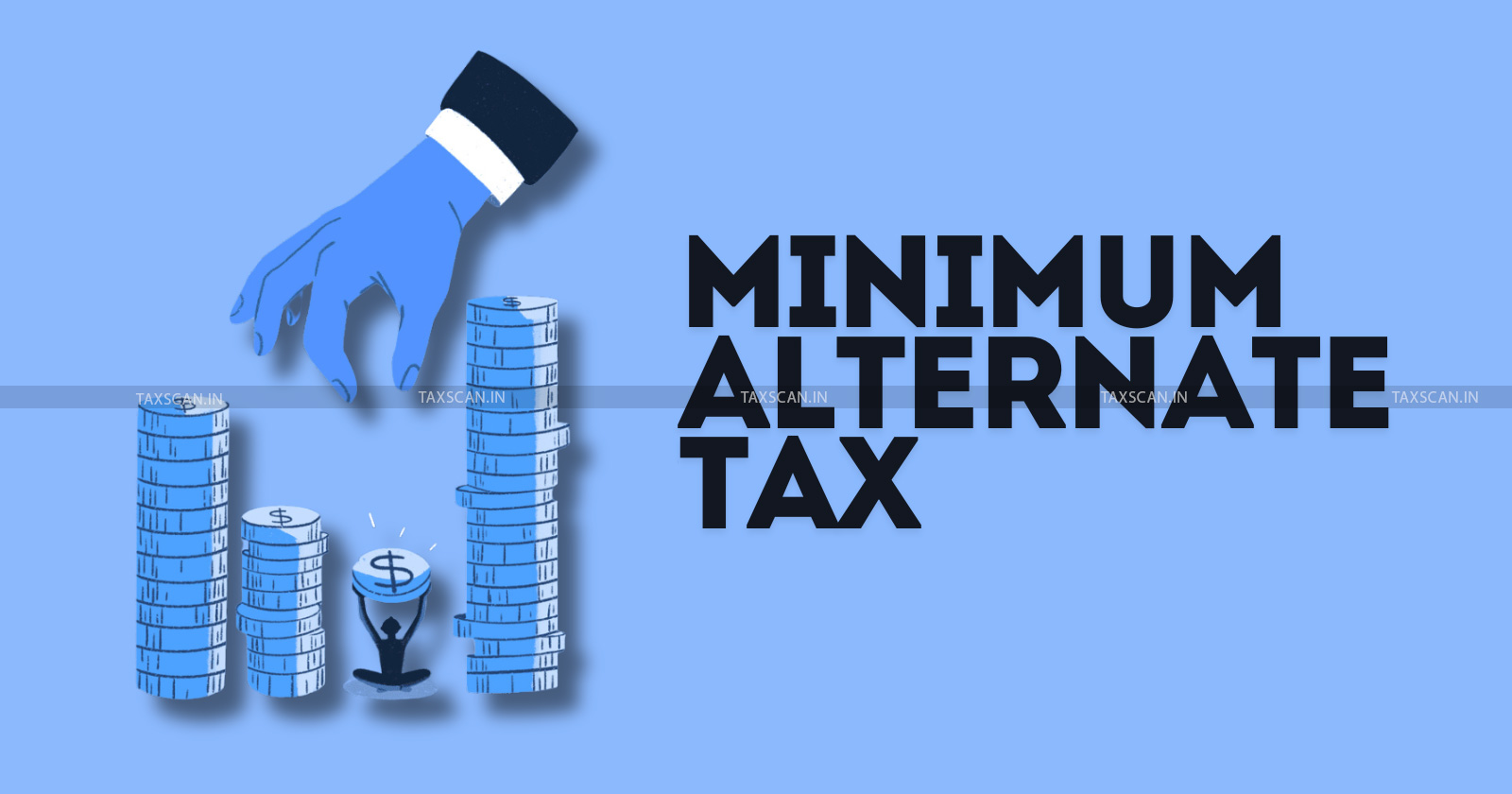ITAT Reduces Addition on Unexplained Investment to ₹1.32 Lakh, Grants ₹6.5 Lakh Relief Considering Socio-Economic Status [Read Order]
The tribunal noted that the lower authorities had overlooked the assessee’s family’s past savings, which could have contributed to the investment, and directed computations to be carried out as per law
![ITAT Reduces Addition on Unexplained Investment to ₹1.32 Lakh, Grants ₹6.5 Lakh Relief Considering Socio-Economic Status [Read Order] ITAT Reduces Addition on Unexplained Investment to ₹1.32 Lakh, Grants ₹6.5 Lakh Relief Considering Socio-Economic Status [Read Order]](https://images.taxscan.in/h-upload/2025/09/18/2088277-itat-reduces-unexplained-investment-taxscan.webp)
The Delhi Bench of Income Tax Appellate Tribunal ( ITAT ) partly allowed the appeal of the assessee for Assessment Year 2012-13, reducing the addition on unexplained investment to Rs. 1,32,000 and granting relief of Rs. 6,50,000, considering his socio-economic status.
Mohd. Husain, appellant-assessee, appealed for Assessment Year 2012-13 against the Addl./JCIT(A)-7, Mumbai’s order dated 03.01.2025 under Section 144 of the Act. The case was called twice, but no one appeared for him, and it was heard ex-parte.
The departmental counsel argued that the lower authorities correctly assessed Rs. 7,82,000 as unexplained investment in the assessee’s hands in the assessment order dated 19.12.2019, which was upheld by the lower appellate authority.
 Also Read: MAT Adjustment on Goodwill Amortisation Not Permissible: ITAT Rules in Favour of SC Johnson Pvt Ltd
Also Read: MAT Adjustment on Goodwill Amortisation Not Permissible: ITAT Rules in Favour of SC Johnson Pvt Ltd
He noted that the assessee’s claim that the investment came from his brother’s income, supported by an affidavit dated 08.09.2022, had been rejected in the appellate order.
The two member bench comprising Satbeer Singh Godara (Judicial Member) and S.Rifaur Rahman (Accountant Member) considered the assessee’s submissions and the departmental arguments and found that the full addition could not be sustained. It observed that the lower authorities had overlooked the assessee’s socio-economic status and his family’s past savings, which could have contributed to the investment.
While noting that it was the assessee’s duty to prove all relevant facts, the tribunal held that a reduced addition of Rs. 1,32,000 was reasonable, clarifying that it would not set a precedent. The assessee received relief of Rs. 6,50,000, and computations were to be made as per law.
Accordingly the appeal was partly allowed.
Support our journalism by subscribing to Taxscan premium. Follow us on Telegram for quick updates


